
Tech & Sci
07:30, 14-Jul-2017
US, Cuban scientists partnering to protect marine reserves
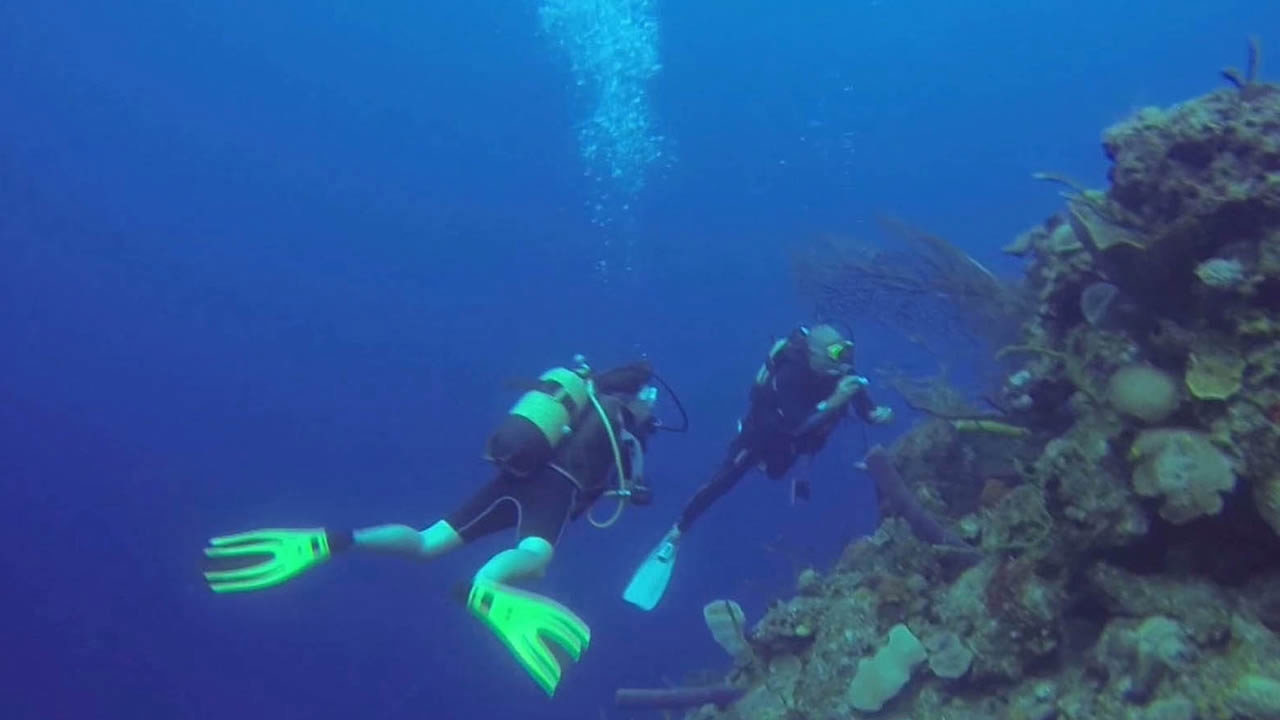
By CGTN America
US President Donald Trump has announced restrictions on travel to Cuba and plans to make it more difficult to do business there. But one area that will remain unchanged under Trump’s policy is cooperation on environmental issues, with US and Cuban scientists working together to protect marine reserves in both countries.
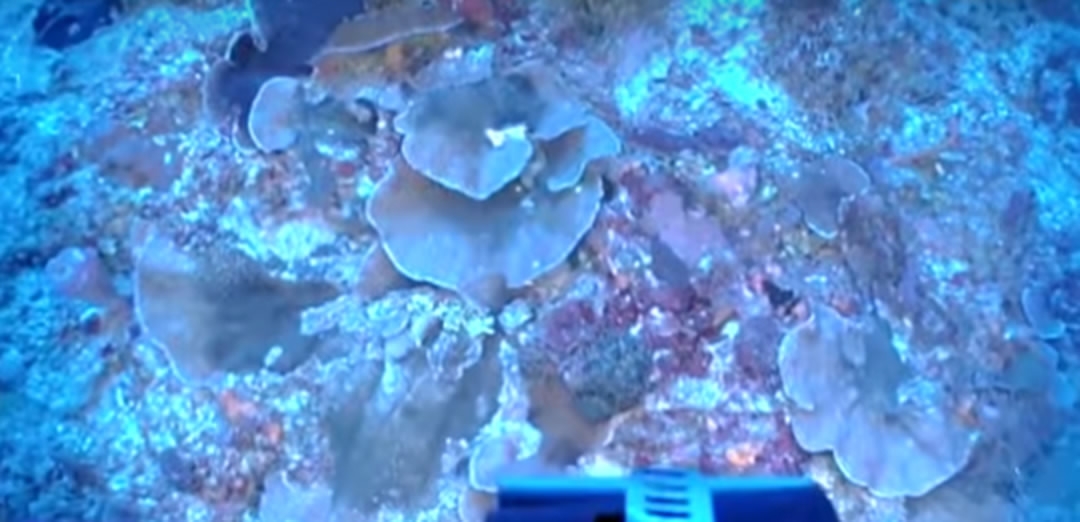
CGTN Photo
CGTN Photo
If there is one thing Cuba and the US have always shared, it is the waters across the Straits of Florida.
Earlier this year, a US marine research vessel with a remote-controlled submarine spent a month taking US and Cuban scientists on an expedition around the coast of Cuba.
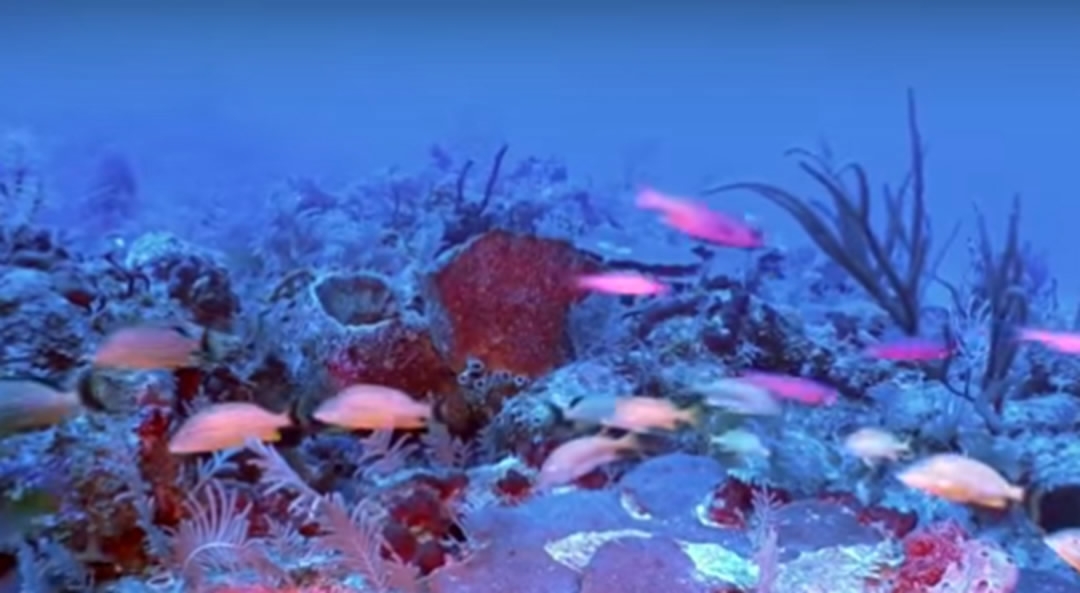
CGTN Photo
CGTN Photo
To their surprise, they found a marine environment much healthier than expected. At a time when coral reefs are under threat around the world, Cuba’s waters maintain much of their living coral.
“More than 80 percent of the cover was made up of corals and some of the American and Cuban scientists, we cried when we saw so much coral,” Patricia Gonzalez, a marine biologist said.
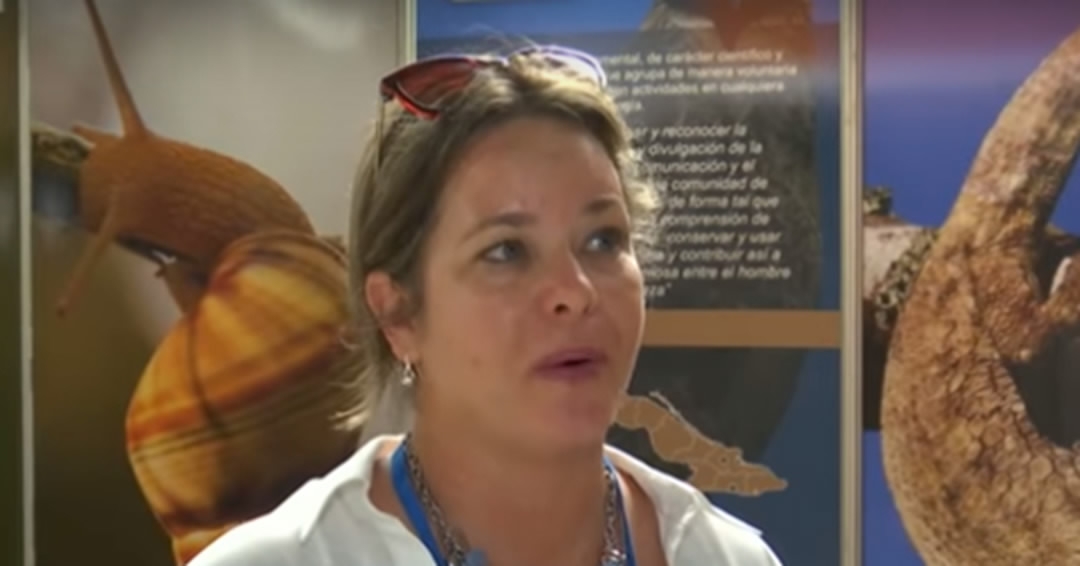
Patricia Gonzalez, a marine biologist /CGTN Photo
Patricia Gonzalez, a marine biologist /CGTN Photo
In November 2015, the two governments signed an agreement to work together to protect the marine environment in both countries. It was the first major accord signed following the restoration of diplomatic relations.
There are other areas of mutual interest such as countering narcotics and illegal migration. However, progress has stalled, with meetings put on hold following Trump’s election.
Dan Whittle is one of several US environmentalists and government officials who attended this month’s International Convention on Development and the Environment in Havana.

Dan Whittle, the Environmental Defense Fund's Cuba program director /CGTN Photo
Dan Whittle, the Environmental Defense Fund's Cuba program director /CGTN Photo
“It seems a bit ironic, in the US we are working hard to protect and defend our environmental legacy and it’s an uphill battle right now. However, we cannot afford not to have dialogue with Mexico or Canada or Cuba or the Bahamas over resources we share, because if these other countries don’t protect their resources people in the US suffer,” Whittle, with the Environmental Defense Fund, said.
One threat, highlighted on the recent joint expedition is the spread of invasive lionfish. Originally from the Pacific, it is believed some escaped from a Florida aquarium, and with no natural predators in these waters they have spread throughout the Caribbean Sea.
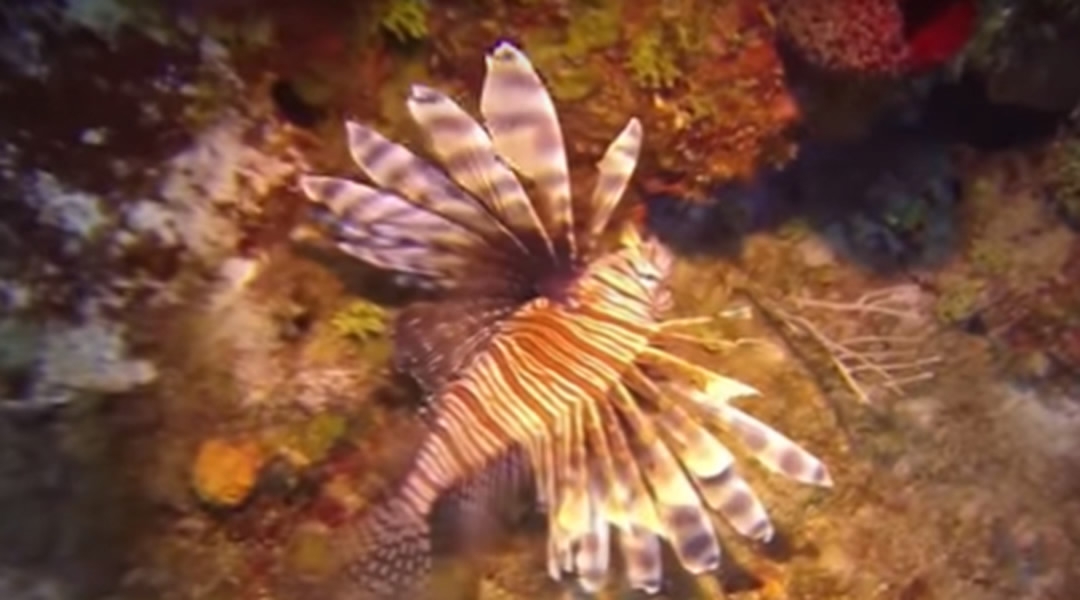
Lionfish /CGTN Photo
Lionfish /CGTN Photo
Lionfish feed on many of the young fish, threatening the health of both the reefs and future fish stocks. The challenge now is to work together to preserve the coral and control the lionfish.

SITEMAP
Copyright © 2018 CGTN. Beijing ICP prepared NO.16065310-3
Copyright © 2018 CGTN. Beijing ICP prepared NO.16065310-3